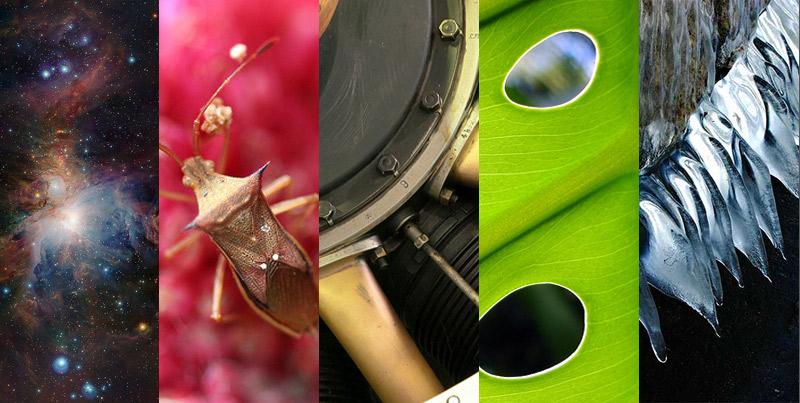
Illustration of Europa (foreground), Jupiter (r) and Io (background) laden with volcanoes that propel the sulfur to Europa’s atmosphere. Image: NASA/JPL-Caltech
Researchers have known that Jupiter’s moon Europa is home to a vast subterranean ocean, but now it seems the salty water finds its way to the surface. That means if we one day find a way to send a rover to Europa, it can easily access samples of the ocean.
Researchers Mike Brown from Caltech and Kevin Hand from the Jet Propulsion Laboratory found the leaking water because of Europa’s strange interaction with fellow moon, Io. By looking at data from the Keck II Telescope on Mauna Kea, the saw that the moon was emitting the compound magnesium sulfate, but the ocean is laced with magnesium chloride. So where does the sulfate come from? It turns out Io emits sulfur, which finds its way to Europa’s atmosphere, interacts with the magnesium chloride and makes magnesium sulfate.
This isn’t just good news for a potential rover; it means that there’s a chemical energy transfer happening on Europa’s surface all the time. We get our energy from the sun, but it’s too distant from Jupiter’s satellite system to shed any significant photons needed for life. But if microbes could harness the energy of the chemical interaction between magnesium chloride and sulfur, there could be the possibility of life on Europa.
